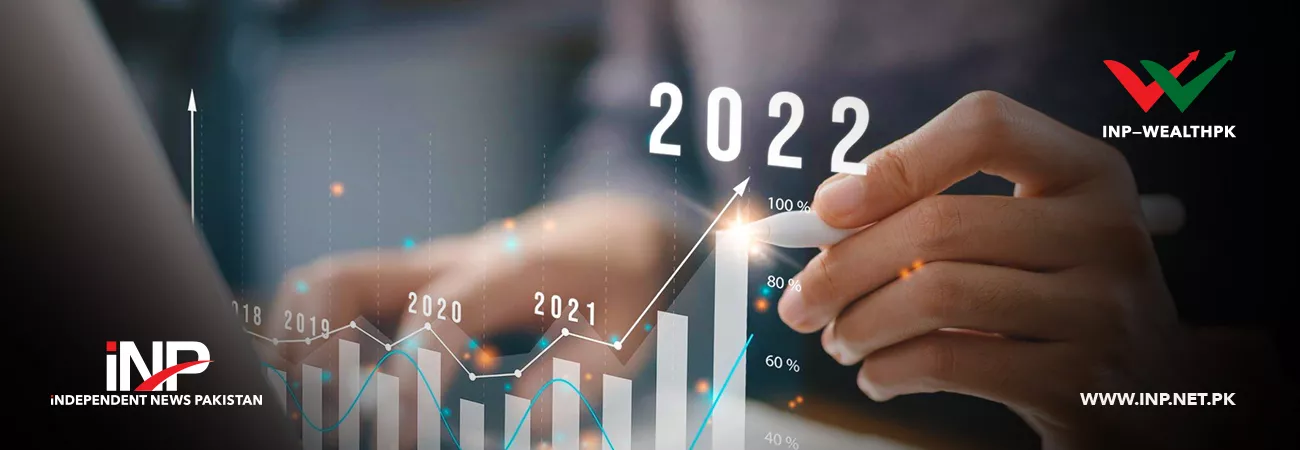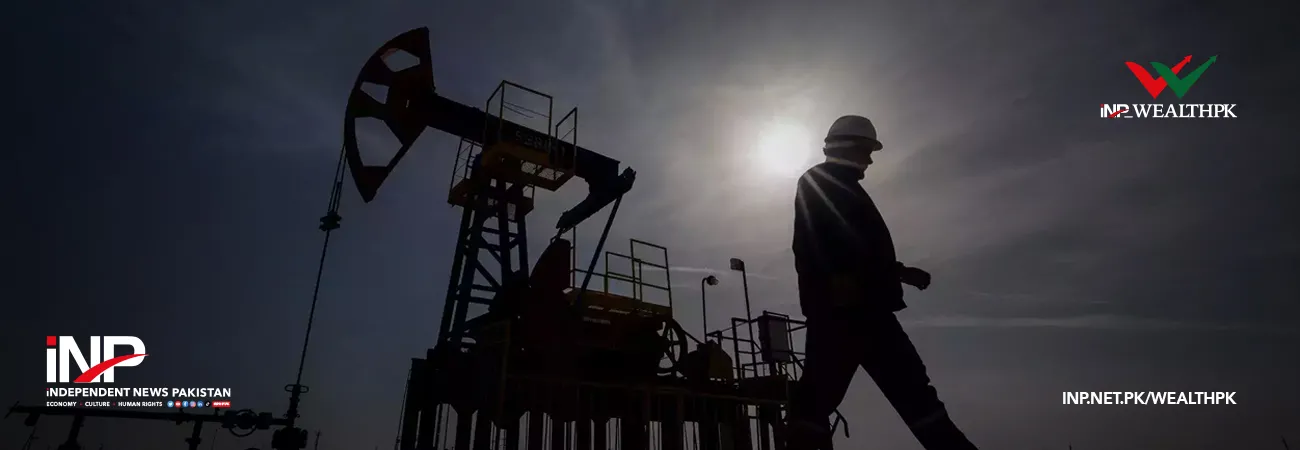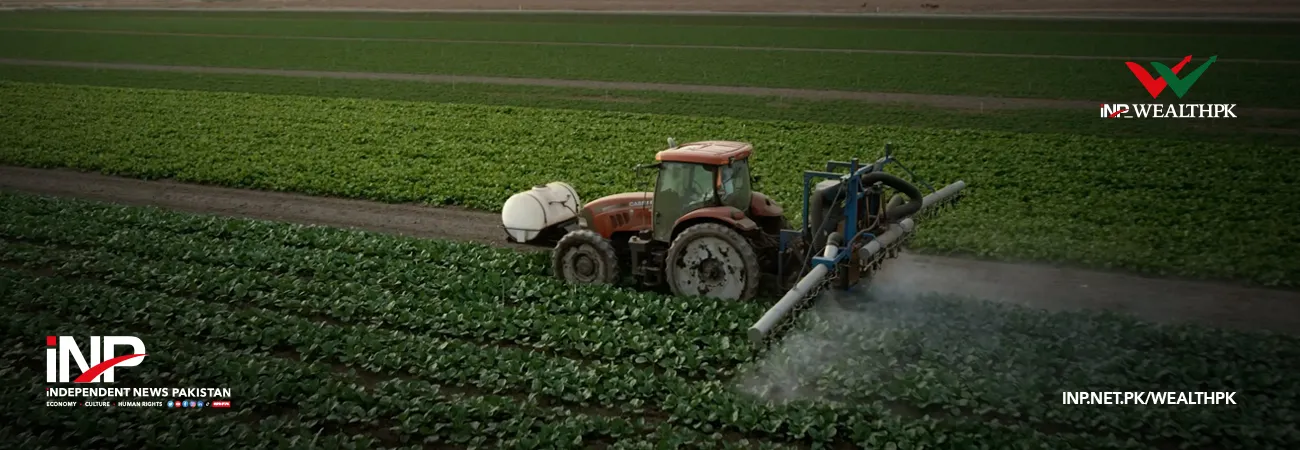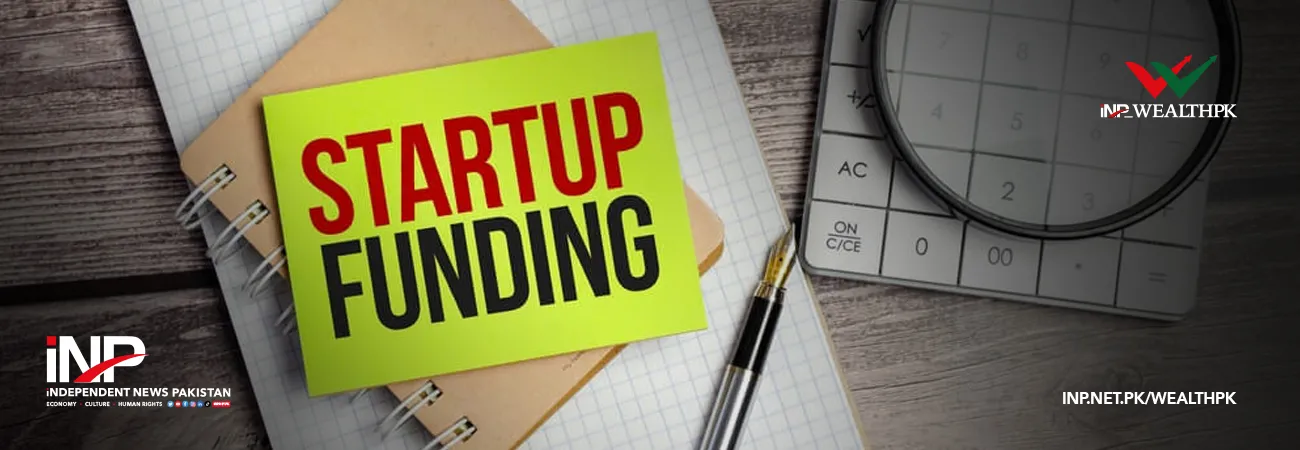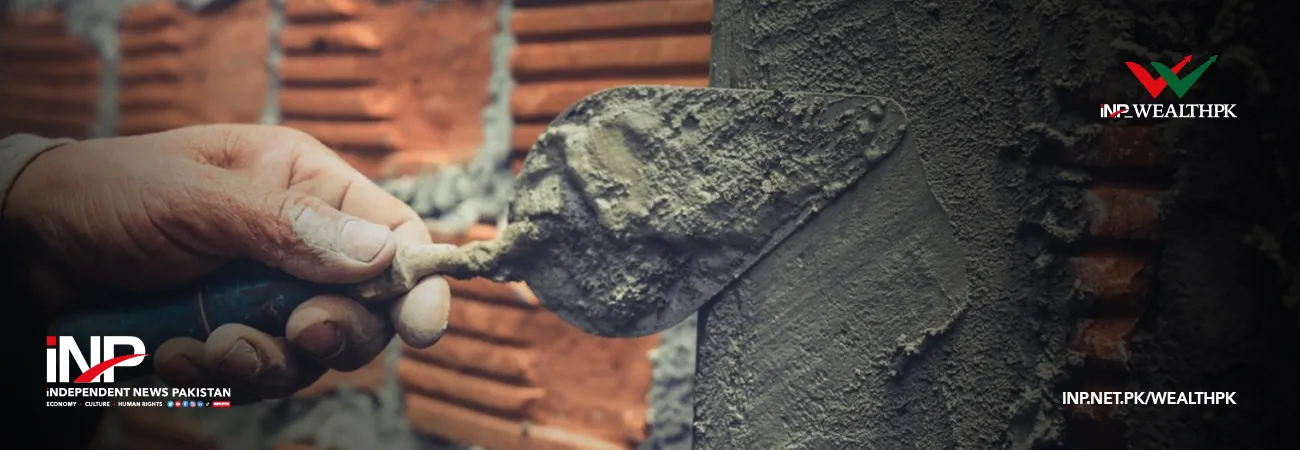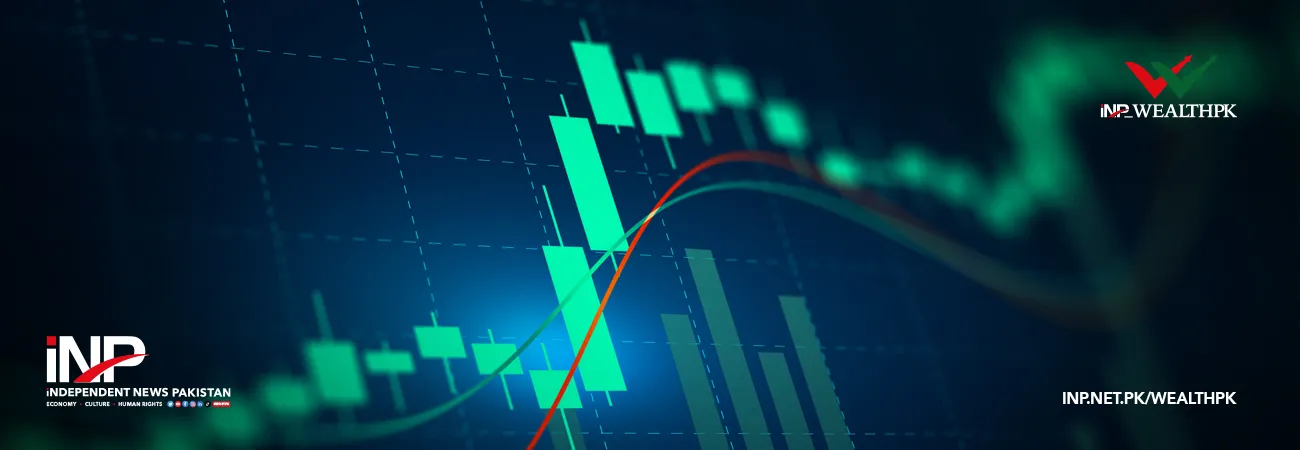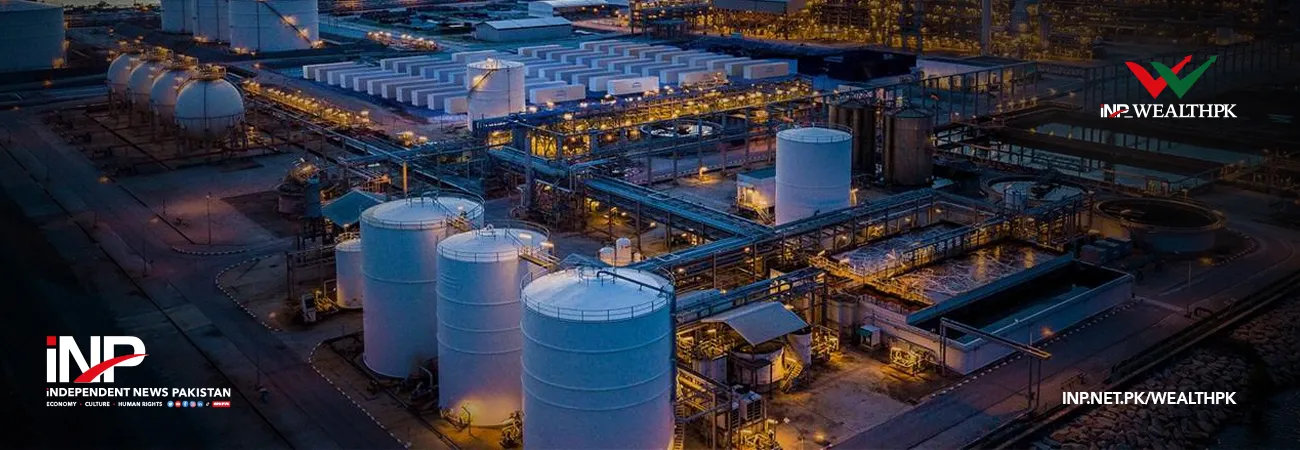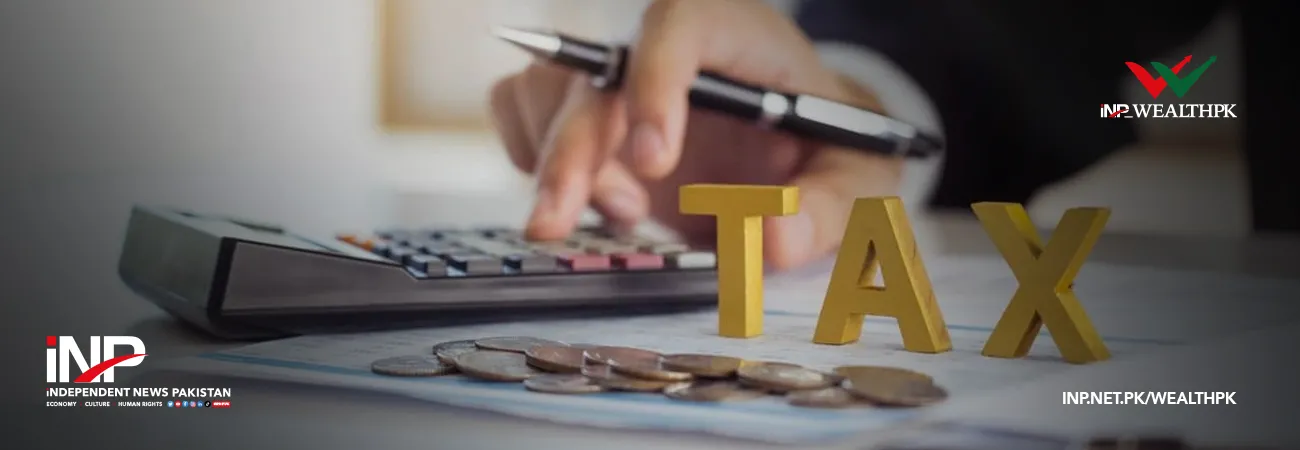INP-WealthPk
Experts at a seminar have urged for a complete program to strengthen the implementation of laws and their acceptance through behavioural changes to strictly enforce social norms in the country. This will help in the achievement of inclusive development that will reach the underrepresented areas of the country and the marginalised communities, read a press release received by WealthPK.
It was a roundtable discussion on “Inclusive Economic Growth: An Imperative for Sustainable Economic Development,” where Romina Khurshid Alam, Convener Parliamentary Task force on SDGs, called for a simplification of bureaucratic procedures through one window operations to ensure the development agendas are delivered timely and efficiently. She stressed that developed countries are major contributors to global carbon emissions and they must be brought to account for their emissions rather than developing countries paying for it. Climate finance should not be considered as aid, since it is the legitimate right of climate-vulnerable countries and the responsibility of high carbon emitting countries.
Dr Vaqar Ahmed, Joint Executive Director of SDPI stressed the need for achieving sustainable economic development goals to overcome and meet contemporary challenges. He said there “is a dire need that the government opts for a solution-oriented approach, forward-looking planning, and looking at the current floods as an opportunity to reset social protection backed by well-thought-out targeted economic policies rather than burdening future generations with loans. Frequent changes in tax, tariffs and reversals of economic policies have long-term negative implications and discourage foreign direct investments. Pakistan needs to diversify foreign investments from multiple countries.”
Dr Shafqat Munir Ahmad, Head of the Sustainability and Resilience Programme, said that economic inclusion of vulnerable and marginalised segments is critical to ensure that growth does not exacerbate existing inequalities in society. It is very important for economists and policy makers to identify the issues which are preventing socio-economic inclusivity and rectify them to ensure sustainable economic development that benefits and empowers all strata of society. He called for strengthening state-citizens cordial relations.
Dr Sajid Amin, Deputy Executive Director of SDPI, said that Pakistan is currently confronting four major challenges that are a hurdle in its achieving sustainable and inclusive economic development. These include balance of payment crisis, high and unsustainable economic growth, recurrent climate disasters and political and economic uncertainty and instability. He said that it is crucial to shift the focus of economic policies to SMEs and entrepreneurship which can create employment resulting in inclusive economic growth.
Ali Salman, Executive Director of PRIME Institute said that Pakistan’s economic policies have been fairly inclusive bearing in mind the fiscal constraints. Despite different models, no government ever shied away from the development agenda. There has been however a lack of commitment on the part of governments to fully see through the implementation of policies. This is the reason that we have seen low GDP share and employment ratio in these sectors. The tax regime and tariff measures have been ineffective because they do not create a level playing field for investors.
Dr Asim Sajjad Akhtar of the National Institute of Pakistan Studies, said that economic development is impossible without recentring resources redistribution policies. He criticised that ignoring natural watershed management in infrastructure development is a leading cause of flooding; and developments in the name of tourism cause environmental degradation, loss of habitats and biodiversity, but most importantly has catalysed melting of glaciers in Northern areas.
Dr Neelum Nigar, Director of the Institute of Strategic Studies, stressed taking a gendered perspective in socio-economic policies as women are at the centre of economic crisis and climate disasters. Despite being almost half of the population, there is low representation of women in positions of power which reflects in policies that are devised without envisioning through gendered lens.
Dr Abdul Jabbar, Assistant professor of Economics at the International Islamic University Islamabad IIUI said that despite employing 40% of labour force, agriculture contributes to only 20% of GDP. He said that the development of the agriculture sector and rural areas is very important as only 3% private sector capital is available to the agriculture sector leading to low investments, human capital, and R&D.
Iftikhar Ahmed, Assistant professor at the Pakistan Institute of Development Economics (PIDE) urged for a dialogue among politicians, policymakers and economic experts on economic policies that can support sustainable development. Dr Abdul Jalil, another Professor at PIDE criticised governments for adopting short-term cosmetic interventions and inconsistent economic policies which are the root cause of current economic challenges.
Dr Saddaf Yasir, CEO of Skyians suggested replacing capitalist economic policies with Islamic policies to uplift the vulnerable communities. Muhammad Faisal Khokhar, Director, Board of Investment, suggested forensic audit of public enterprises, ministries, and departments identify the scale of losses and devise targeted remedies to minimise these losses and shift finances towards sustainable economic development. Ermeena Malik, technical advisor at the World Bank suggested formulating comprehensive yet complex interventions to strengthen state-owned enterprises and regulatory bodies, especially in the energy sector to transform the sector.
Credit: Independent News Pakistan-WealthPk



